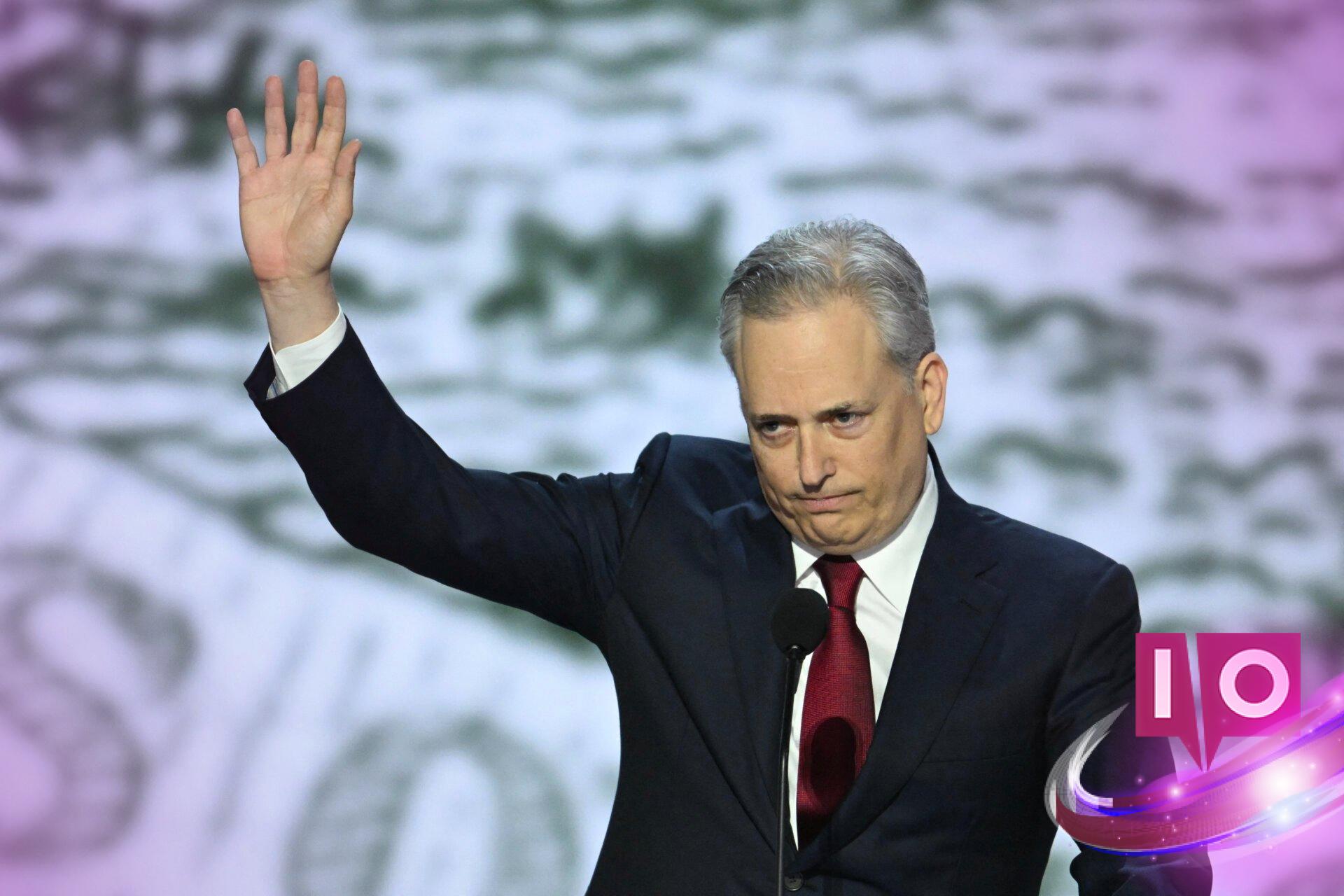In the rapidly evolving world of artificial intelligence, concerns about regulatory capture are becoming increasingly prominent. Venture capitalist David Sacks, known for his investments in technology and his role as the “Crypto and AI Czar” during the Trump administration, recently voiced his apprehensions regarding Anthropic, one of the largest AI startups. His worry? That Anthropic is positioning itself as a pro-regulation entity to further its own interests while hindering the growth of emerging companies in the AI landscape.
David Sacks, who remains a special government employee, shared his thoughts on his X account, stating that “Anthropic is running a sophisticated regulatory capture strategy based on fear-mongering.” He believes that the startup is significantly contributing to the regulatory frenzy that threatens the startup ecosystem.
Understanding Regulatory Capture in AI
Regulatory capture is a pressing issue in the AI sector, where gigantic tech firms often leverage their financial resources to influence policy in their favor. Historically, tech companies have employed lobbying tactics effectively. For instance, in the early 2020s, they successfully passed industry-favorable digital privacy laws across various state legislatures. The current climate suggests significant financial backing for AI advocacy, with Silicon Valley companies investing over $100 million into political action committees advocating for pro-AI policies as the midterm elections approach in 2026.
Anthropic’s Lobbying Activities
Anthropic is also actively engaging in lobbying efforts. Reports indicate that the startup spent $910,000 on lobbying during just the second quarter of 2025, nearly tripling its expenditures from the previous quarter. They have partnered with Continental Strategy, a lobbying firm, to represent their interests in Washington, D.C. Notably, OpenAI has invested even more in lobbying initiatives over the past year, demonstrating that Anthropic is not alone in its quest to shape AI regulations.
Are AI Regulation Efforts Solely Undermined by Anthropic?
While Sacks attributes a significant portion of the regulatory momentum to Anthropic, there’s scant evidence suggesting that the company solely drives states to adopt AI regulations. Recently, Anthropic did back a new AI safety bill in California after previously opposing a similar initiative. Interestingly, OpenAI and Meta have also expressed satisfaction with the bill, showing a more complex landscape than Sacks’s narrative suggests.
The Relationship Between Anthropic and the Trump Administration
There have been reports of some friction between federal agencies and Anthropic concerning the company’s restrictions against using its tools for surveillance. However, this has not hindered Anthropic’s collaboration with the Trump administration. The company endorsed Trump’s AI Action Plan and participated in initiatives like the Pledge to America’s Youth, illustrating a favorable relationship.
David Sacks: A Potential Conflict of Interest?
Sacks’s criticisms of regulatory capture may ring hollow to some, especially considering his deep ties to influential figures in Silicon Valley and his venture capital activities. As a member of the “PayPal Mafia” alongside Elon Musk, Sacks has established connections that may influence his perception of regulation. Reports also indicate that his firm, Craft Ventures, invested in an AI startup called Vultron that focuses on federal contractors, raising further eyebrows regarding conflicts of interest.
Given the current political climate, concerns have arisen regarding Sacks’s role. Senator Elizabeth Warren recently inquired whether he had exceeded his 130-day limit as a special government employee, questioning the potential overlap of interests in his dual roles.
As this complex narrative unfolds, the implications of regulatory capture in AI are far-reaching, and it’s crucial for stakeholders in the tech ecosystem to stay informed.
Is regulatory capture affecting the startup ecosystem in AI? Yes, and it poses significant challenges for new entrants attempting to navigate a landscape heavily influenced by established players.
What actions are companies like Anthropic taking in lobbying? Anthropic has significantly ramped up its lobbying efforts, spending impressive amounts to sway policy in its favor, reflecting its commitment to shaping favorable regulations.
Are AI regulations being shaped solely by big companies? Not entirely. While large firms like Anthropic have considerable influence, multiple stakeholders contribute to the regulatory dialogue.
How does this affect emerging startups in the AI space? The regulatory environment can stifle innovation and create barriers to entry for new startups that lack the resources to compete with larger companies for favorable legislation.
In conclusion, as the AI industry continues to evolve, remaining cautious and aware of these dynamics is essential for newcomers and established players alike. If you’re interested in delving deeper into related topics, explore more at Moyens I/O.
